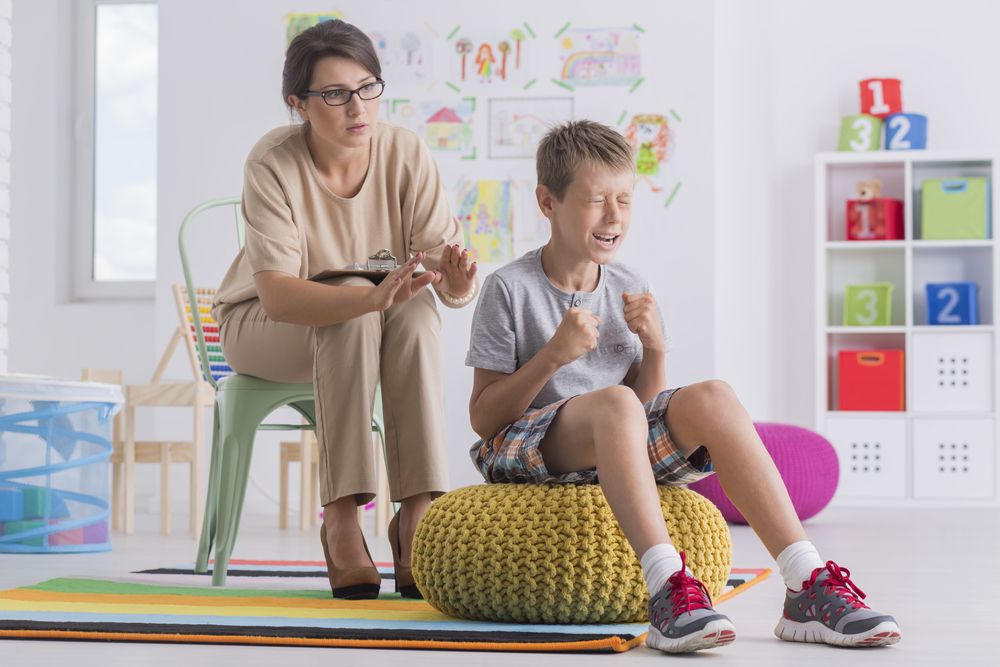
Aggressive behaviors such as hitting, yelling, or biting can be incredibly challenging for families and caregivers of children with autism or other developmental differences. These behaviors often arise as a form of communication when children struggle to express their needs, manage overwhelming sensory input, or cope with frustration. Applied Behavior Analysis (ABA therapy) offers compassionate, effective approaches to help reduce aggression by understanding its causes and teaching safer, more helpful alternatives.
Aggression often serves a purpose for children, even if it is difficult to witness or manage. It may signal that a child is unable to communicate their needs clearly, feels distressed by sensory overload, or is overwhelmed by changes in routine. Recognizing the function of aggressive behavior is essential for creating effective interventions that address the root cause rather than focusing only on the surface behavior.
ABA therapy begins with a detailed Functional Behavioral Assessment (FBA) to identify triggers and the reason behind aggressive behaviors. With this information, therapists develop personalized strategies focusing on:
A young boy would often hit when frustrated during play because he could not express that he wanted a turn with a toy. After careful assessment, his therapist introduced a simple "help" card that the child could hold up to request assistance. Each time he used the card correctly, he received enthusiastic praise and the toy turn. Over several weeks, hitting decreased significantly as the child learned a safer, more effective way to communicate his needs.
A girl frequently experienced aggressive outbursts when loud noises overwhelmed her. Her ABA therapist worked closely with the family to identify common triggers and taught her calming techniques, such as deep breathing and using noise-canceling headphones. The therapist also implemented gradual exposure strategies combined with rewards for calm behavior. Gradually, the frequency and intensity of aggression diminished, improving her comfort in noisy environments.
Transitions between activities would often cause a boy to yell or throw objects. Through ABA interventions, he learned to anticipate changes using visual schedules and timers. His therapists reinforced successful transitions with praise and access to preferred activities afterward. The family was coached on applying consistent responses, which helped reduce tantrums and increase cooperation.
We understand that managing aggressive behaviors can be emotionally and physically exhausting. That is why our approach at Kiwi Kids ABA goes beyond simply working with the child during therapy sessions. We collaborate with families to create strategies that work in real-life settings, whether that involves preparing for challenging situations, responding calmly when aggression starts, or reinforcing small but significant improvements.
By building these skills together, we help create a safer home, reduce daily stress, and strengthen family connections. Our goal is to empower you with the tools and confidence you need to support your child’s journey toward better communication and emotional regulation.
If your family is ready to explore a compassionate, personalized approach to reducing aggression, contact Kiwi Kids ABA today. Together, we can help your child replace challenging behaviors with positive, life-building skills.
Our team of experienced therapists is dedicated to helping children with autism and other developmental disabilities reach their full potential. We are committed to creating a supportive and nurturing environment where every child can thrive.
Contact us today to learn more about our services and how we can support your child's development.